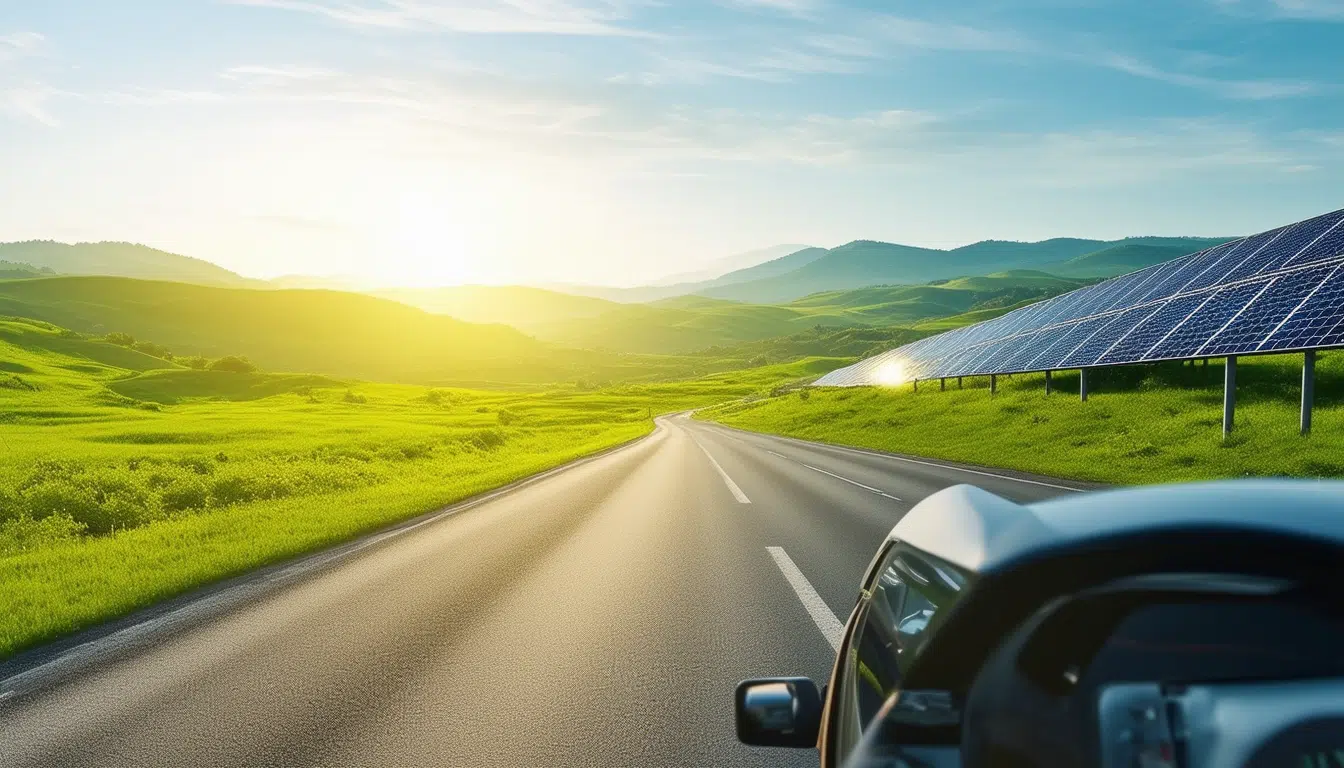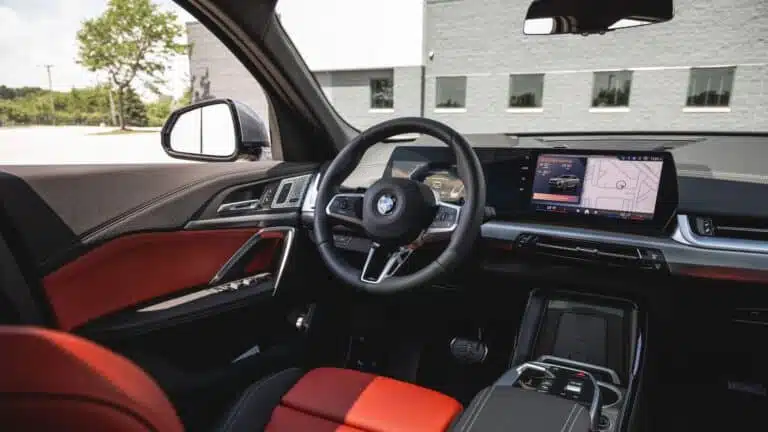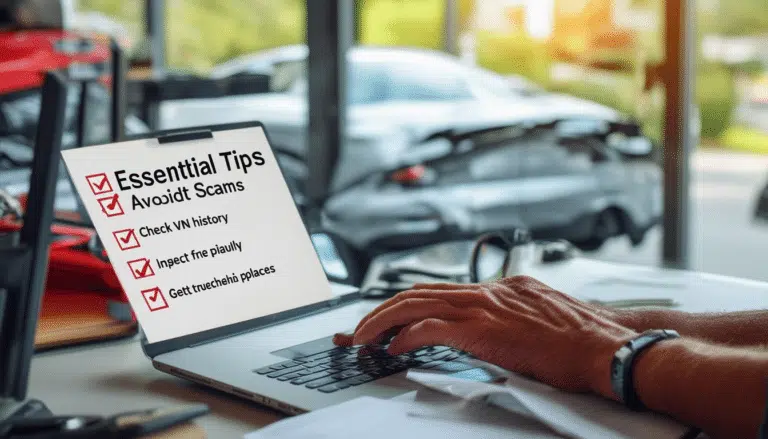Estrategies to reduce fuel consumption during long trips

When planning long trips, one of the most important aspects to consider is the fuel expense. Optimizing consumption can not only help save money but also contribute to more sustainable driving. With some adjustments in our driving habits and proper vehicle maintenance, it is possible to considerably reduce fuel consumption. Several effective strategies are presented here that can make a difference in the expense of each trip.
Driving long distances can turn out to be quite costly, especially concerning fuel expenses. However, implementing some effective strategies can help optimize consumption, and thus significantly reduce associated costs. This article details several practical tips to achieve a more economical and efficient trip, ensuring a more responsible use of energy resources during your travels.
Vehicle maintenance
The first step to ensure efficient fuel consumption is to make sure that the vehicle is in optimal condition. Regular maintenance is crucial, which includes checking the air filters, the condition of the tires, and the braking system. If your car is well maintained, it will not only consume less fuel but will also perform better overall.
Tire pressure
Proper pressure in the tires not only improves safety when driving, but it can also decrease fuel consumption. Deflated tires generate more resistance and, as a result, the engine uses more energy to maintain the same speed. Regularly check the pressure and ensure it aligns with the manufacturer’s recommendations.
Efficient driving
The way you drive has a direct impact on fuel expenses. Adapting your driving style to certain practices can result in a significant reduction in consumption. For instance, avoiding sudden accelerations and braking is essential for maintaining a constant speed, which reduces the amount of energy the engine consumes.
Use of engine brake
An effective technique is to use the engine brake on slopes, which allows you to slow down without using the brake pedal. This practice helps economize energy because the engine works more efficiently and prevents wear on the braking system.
Route optimization
Before starting a long trip, it is important to plan the route. Use navigation apps that show real-time traffic and suggest the fastest and least congested roads. Additionally, avoiding traffic jams and blockages will not only reduce travel time but also significantly decrease fuel consumption.
Planning stops
If your journey includes long stops, consider turning off the engine while you wait. This way, you avoid unnecessary fuel consumption. A bad habit that many drivers have is leaving the engine running during long waits, which further impacts energy expenditure.
Constant speed
Maintaining a constant speed is essential, especially on highways. Continuous accelerations and erratic driving can increase fuel consumption. Make sure to set the cruise control, if your vehicle allows it, to facilitate smooth driving.
Other recommendations
Some other aspects that may influence consumption are the weight of the vehicle and the load being carried. Avoid carrying unnecessary items in the car and consider any devices or accessories that may increase wind resistance, such as roof racks or carriers. The lighter you go, the less fuel you will need.
Use of high gears
Driving in high gears can also help reduce fuel consumption. The DGT recommends shifting to a higher gear when possible, which allows the engine to operate more efficiently and use less energy.
Conclusions for a sustainable trip
By applying these strategies during your long trips, you will not only save money but also contribute to a more sustainable use of fuels. Keeping your vehicle in good condition, adopting efficient driving habits, and planning your route are key practices for reducing energy expenditure, helping you reach your destination without surprises in fuel prices.
For more information on how to reduce fuel consumption, you can visit the following pages: Strategies for reducing gasoline consumption, Importance of maintenance to optimize consumption, Best maintenance tricks, Energy efficiency and fuel savings, and Impact of the aviation fuel tax.
When embarking on long trips, fuel expenses can become a primary concern for many drivers. However, there are various strategies that can be implemented to optimize consumption while enjoying the journey. First and foremost, it is essential to keep the vehicle in optimal conditions. Regular maintenance, such as checking the condition of the tires and filters, ensures that the car operates efficiently, helping to reduce fuel consumption.
Moreover, the way you drive significantly influences your expenses. Adopting a smooth driving style, avoiding accelerations and hard braking, helps maintain a constant speed, especially on the highway, which can translate into noticeable savings in gasoline. Planning the route in advance is also a recommended practice; this helps avoid congested routes and minimizes unnecessary stops.
Another aspect to consider is load management; a lighter vehicle consumes less fuel. Therefore, it is advisable to only carry the essential items for the trip. Additionally, using high gears during driving can be beneficial, as it reduces the engine’s strain and, consequently, fuel consumption.
Finally, it is recommended to be aware of tire pressure. Keeping them properly inflated not only ensures safety but also maximizes fuel efficiency. In summary, through a combination of good maintenance practices, efficient driving, and proper planning, it is possible to enjoy long trips without compromising your budget.



